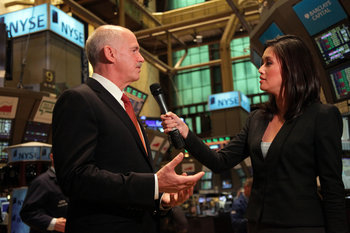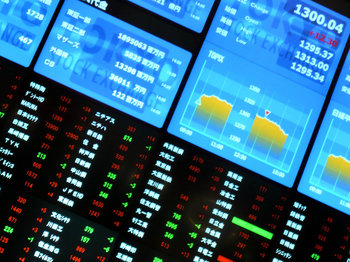Investing Related Guides
Investing
| |
A Keynesian beauty contest is an analogy for investing that suggests that investors may guess what other investors are going to think as opposed to what they think themselves. This can be taken to several levels.The analogy, proposed by economist John Maynard Keynes in 1936, involves a contest in a newspaper to choose the six most attractive faces from a hundred photographs. Those who pick the most popular faces are eligible for a prize.A naive strategy would be to pick the faces you find most appealing. A more sophisticated strategy might be to guess what other newspaper readers would find most appealing. This can go to additional levels whereby you guess what others might guess are the most stereotypically attractive faces.
Investing ExampleThe Keynesian beauty contest is a useful analogy to explain behavior in markets. For example, if investors believed that there is a "December effect" whereby stocks go up at the end of December they may buy stocks at the end of December. However, an investor looking to avoid the price increases might anticipate this behavior and buy at the start of December. An anticipation of this behavior might lead an investor to buy at the end of November. This can be taken to several levels and generally suggests that advantages such as a "best" time of year to buy or sell would quickly fade away in a competitive market.|
Type | | Definition | A theory of markets that predicts participants try to guess what other participants will do to several levels of abstraction. | Related Concepts | |
Thinking
This is the complete list of articles we have written about thinking.
If you enjoyed this page, please consider bookmarking Simplicable.
© 2010-2023 Simplicable. All Rights Reserved. Reproduction of materials found on this site, in any form, without explicit permission is prohibited.
View credits & copyrights or citation information for this page.
|































